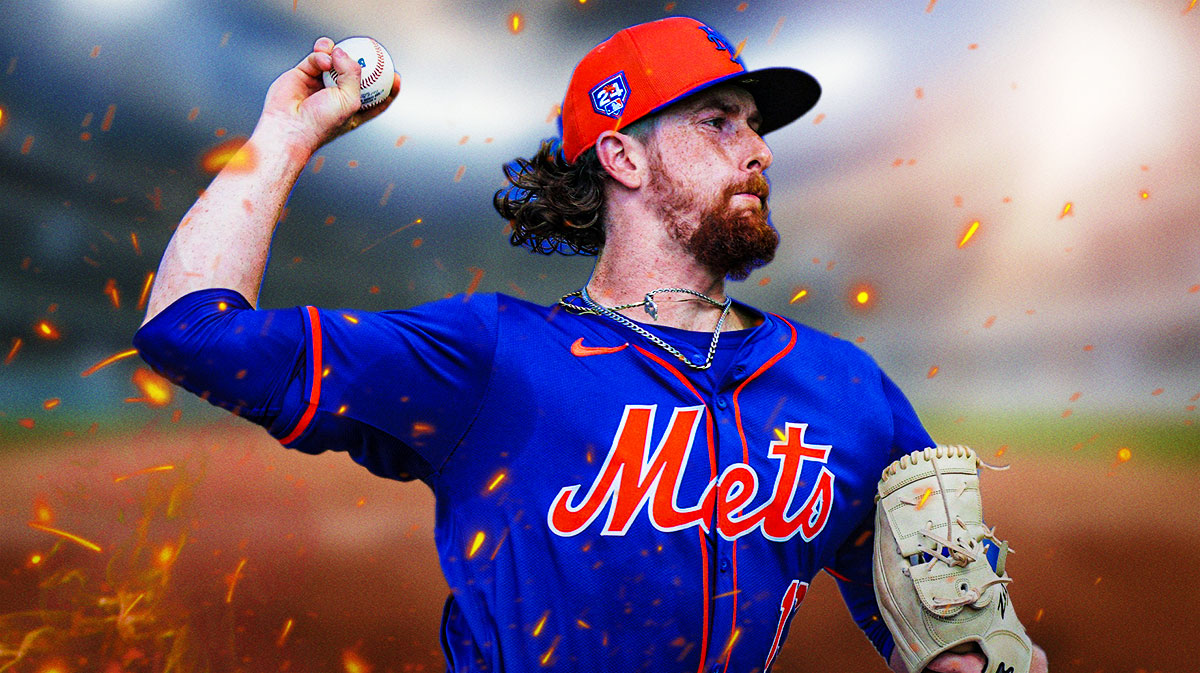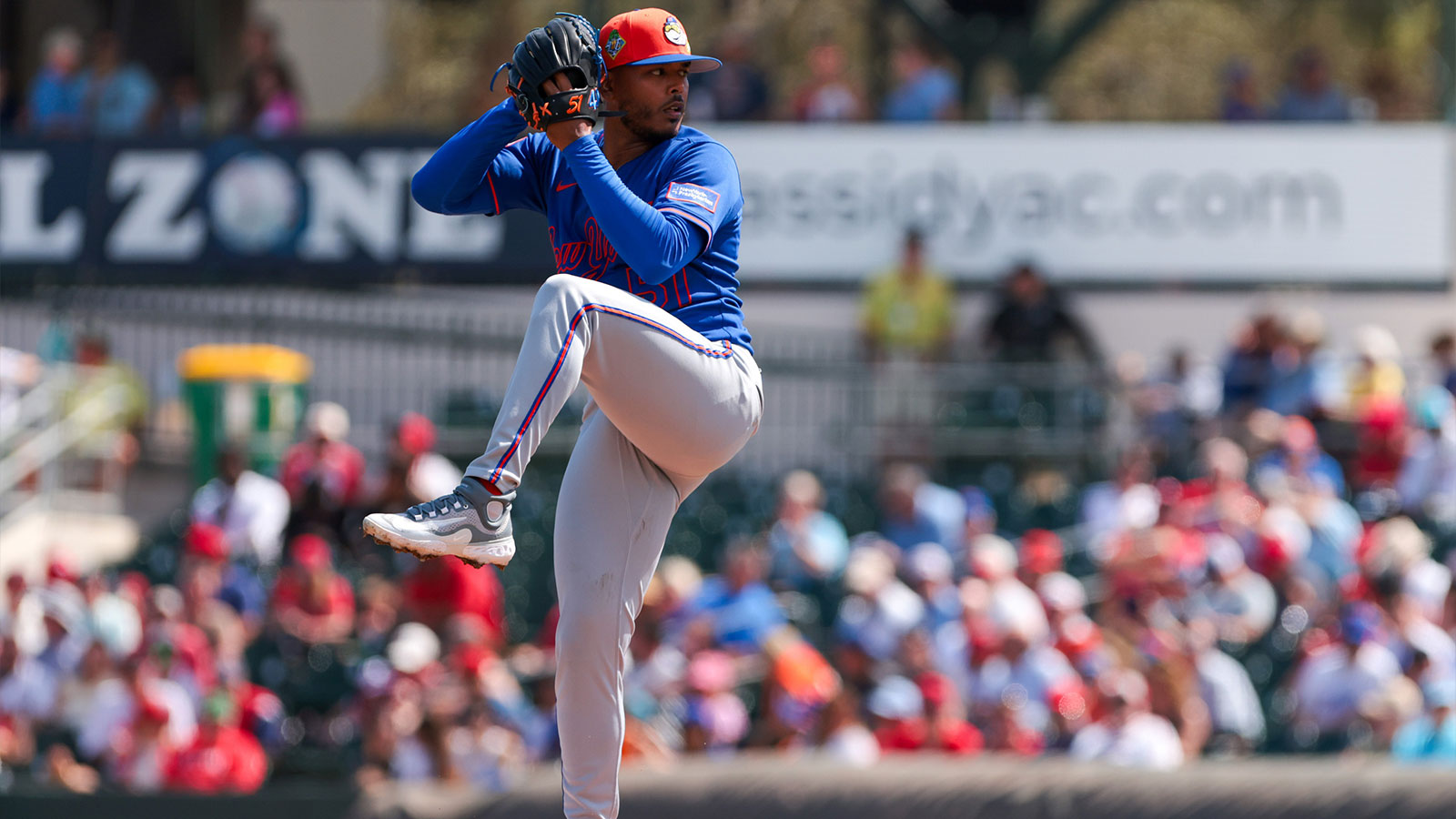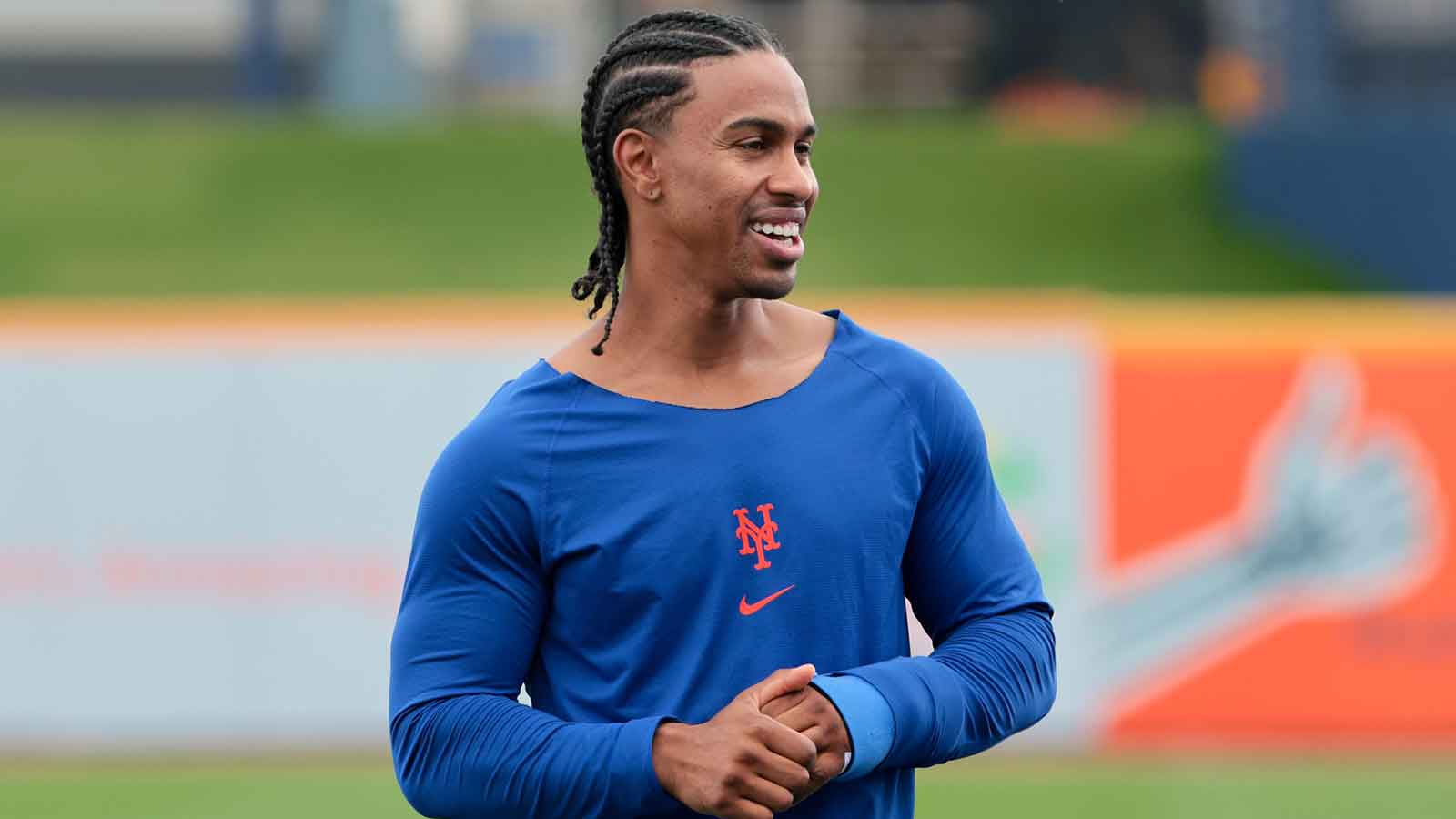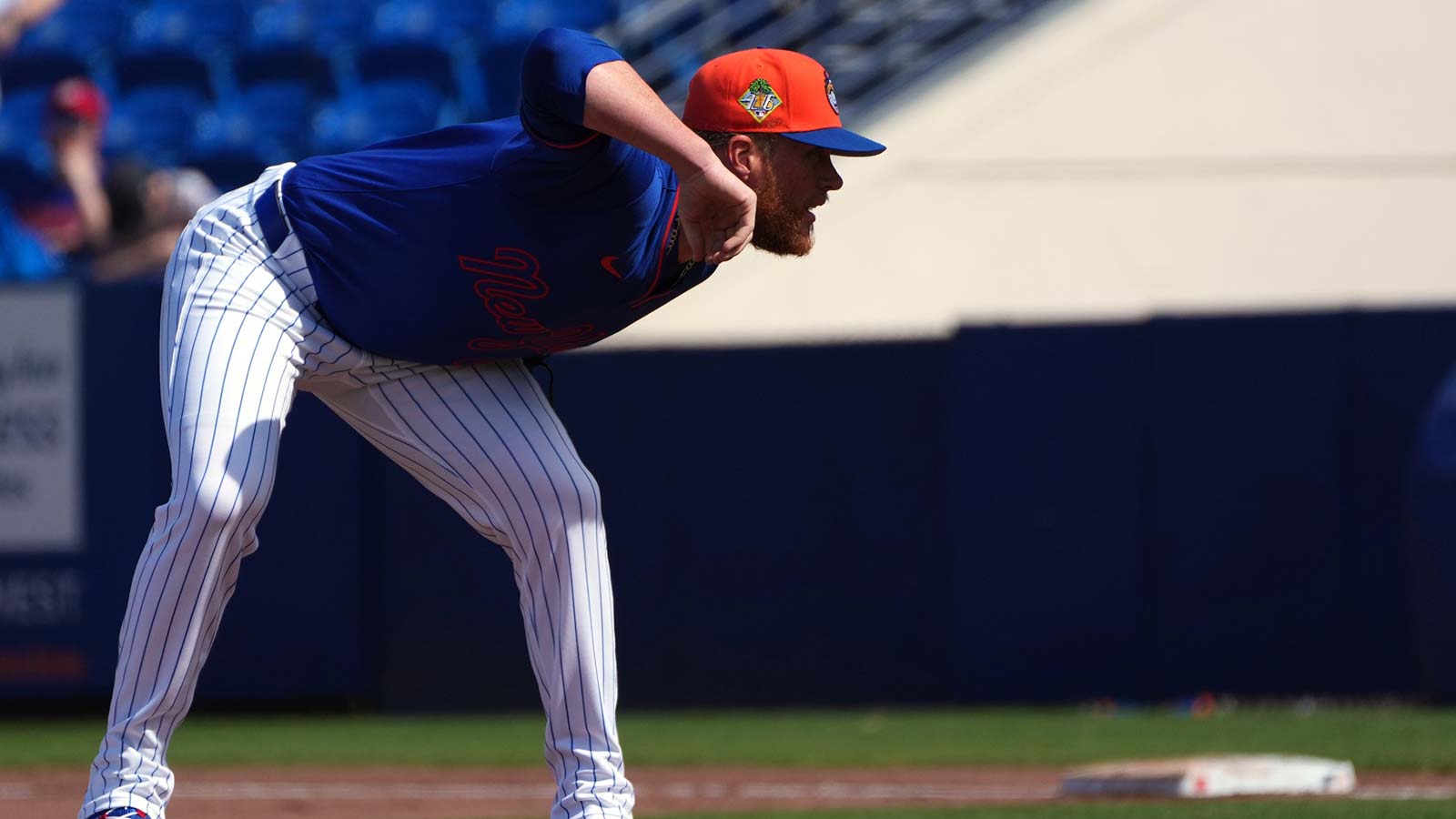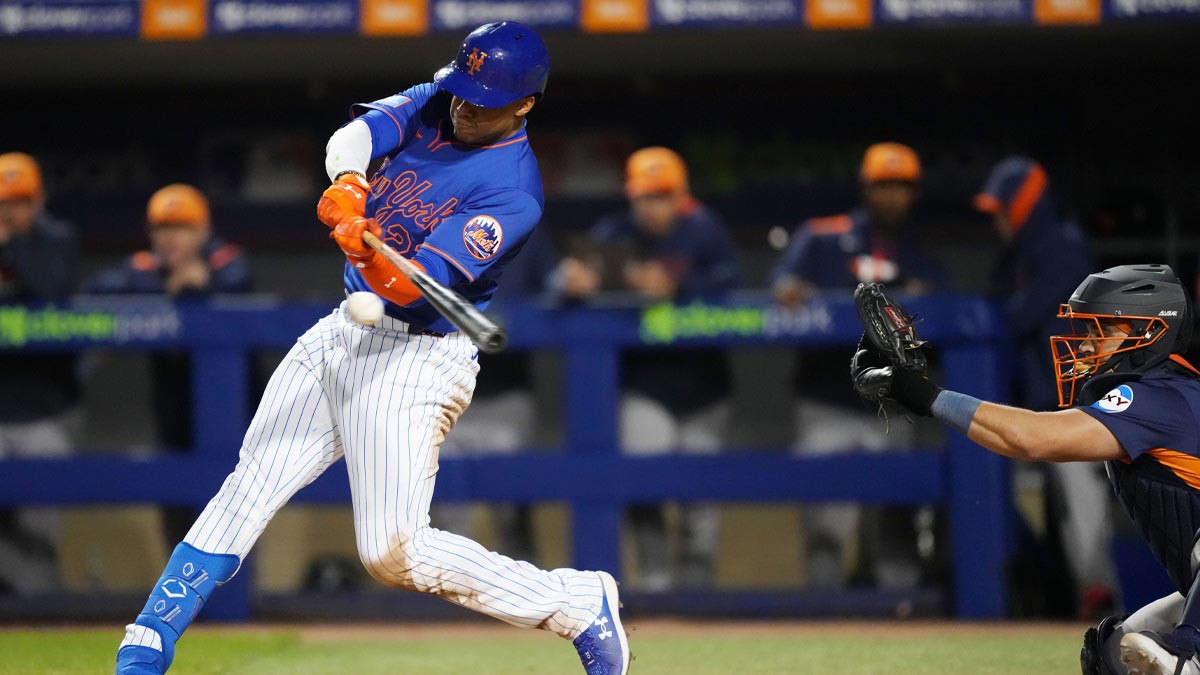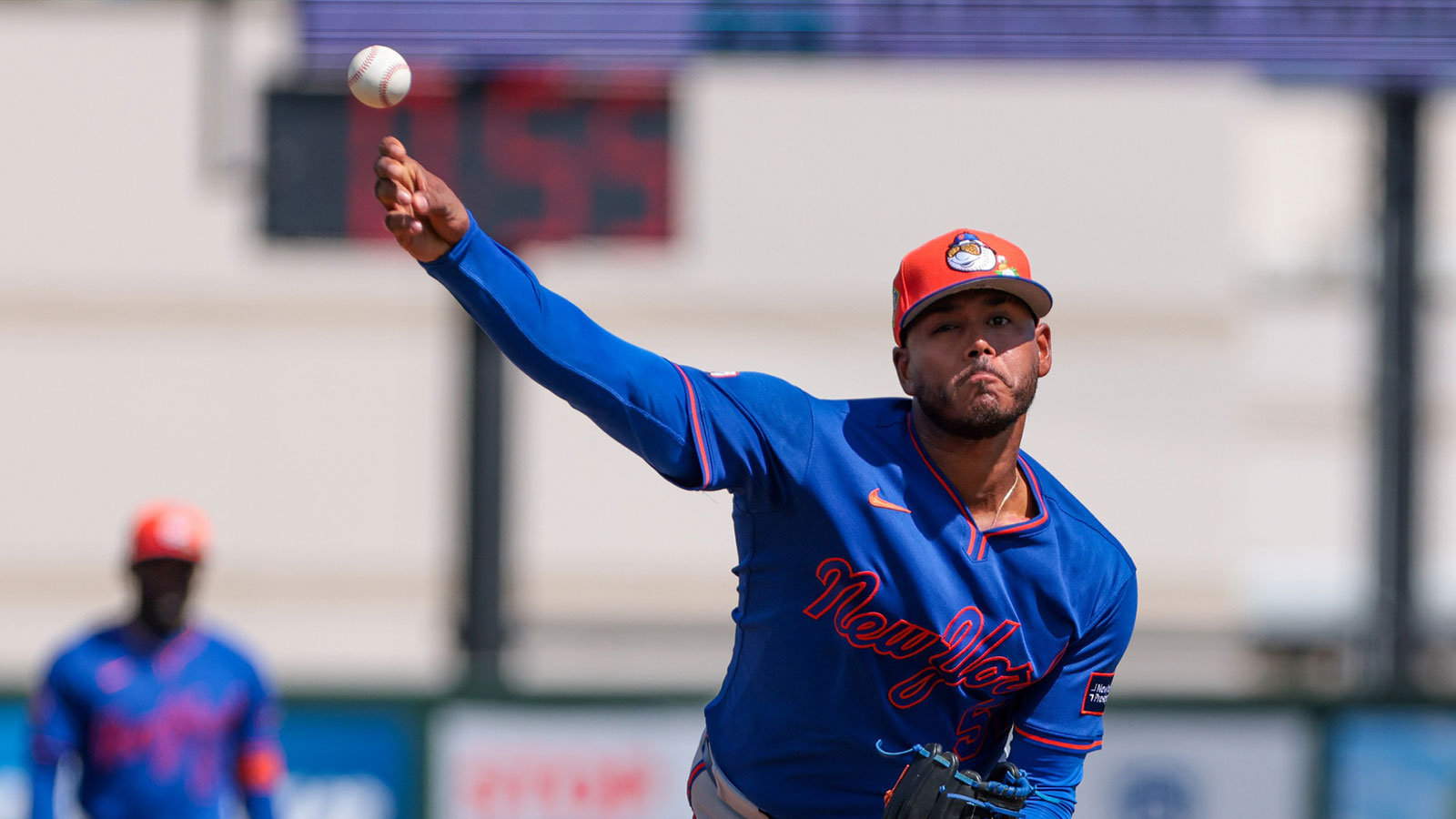Steve Cohen doesn’t much care what other MLB owners think of him or how he runs the business of the New York Mets. And that, in part, is why he and his $500 million spending spree this offseason is both good and bad for Major League Baseball.
Cohen is polarizing because there seems to be few limits to what he’ll spend to improve the Mets. He’s been heralded as a great owner by Mets fans, but is also reviled by some MLB owners.
Steve Cohen spending 15% of the A's total payroll this year on a commercial is WILD 😂pic.twitter.com/x8bqwnSEDP
— The Game Day MLB (@TheGameDayMLB) February 9, 2023
When he swooped in and publicly took a victory lap for agreeing to terms with Carlos Correa in December, Mets fans rejoiced and many owners stewed. When the deal fell apart in January over a conflict with Correa’s medicals and the smaller-market Minnesota Twins jumped in to re-sign the star shortstop, a contingent of owners privately rejoiced.
Cohen, who’s beginning his third season as Mets owner, matter-of-factly told ESPN, “I came in saying I'm all-in. And I keep my word.” Let’s examine why that all-in approach is what makes him good and bad for MLB at the same time.
Steve Cohen is good for Major League Baseball
Just as good players are good for baseball, so, too, are good owners.
Of course, defining a good owner is subjective. But it’s reasonable to say that one who tries to consistently field a winning team, connect with the fans, improve their experience at the ballpark, and invests in employees and all aspects of the organization, is a good owner.
Steve Cohen checks all those boxes. He’s committed to building a sustainable winner and oversaw a team that won 101 games last season, second most in Mets history. He’s had a plan from Day 1, following the path of the Los Angeles Dodgers. The Mets have spent big on free agents but have largely done so with shorter-term deals, buying the organization time to revamp and beef up its farm system. He has stayed the course, meeting short-term goals while keeping an eye on the big picture. It’s a strategy he knows well from his massive success with the hedge fund Point72, his daytime job.
"It's not just an investment of his, this means a lot to him. He wants to intimately know the people and players that are part of this thing. What more could you want from an owner as a player than that?"
– Justin Verlander on Steve Cohen pic.twitter.com/jEniHYyL3t
— SNY (@SNYtv) December 20, 2022
A longtime fan himself, Cohen has connected with the Mets faithful in a way that the previous owners, the hated Wilpon family, could never imagine. From Twitter commentary to town halls to bringing back Old-Timers Day to erecting a massive scoreboard this season, Cohen is in touch with the fans and has gained their trust.
Finally, unlike many owners, including his predecessors in New York, Cohen has spent big in all facets of the organization. The Mets will have a record $355 million player payroll this season. But Cohen has also invested heavily in upgrading other key areas, from analytics to scouting, player development to fan experience. There’ve been raises across the board for Mets employees. We’re talking about salespeople and those who work in ticketing, marketing, and stadium operations, not just those making baseball decisions.
For sure, the Mets need to win some championships along the way to become a model franchise. But Cohen is showing early signs of being a good, progressive owner.
And that’s good for baseball.
Steve Cohen is bad for Major League Baseball
Cohen is the richest owner in the MLB, reportedly worth $17 billion. So, yes, he can – and does — spend at levels that others can’t. That leads to resentment and is a big reason why many owners were scared to let him into their exclusive fraternity nearly three years ago.
He told the New York Post that he was naïve and underestimated how much money he’d have to spend to build a winner and first-class organization. But Cohen is all in and backed that up with a spending spree of nearly $500 million this offseason. On top of that he’ll pay $90 million or so in luxury tax penalties, more than the full-season payroll for some other teams in the MLB.
That has made several owners upset, especially those in small markets who claim they’ll never be able to compete with a financial behemoth like Cohen.
Steve Cohen is absolutely right about other owners whining about his spending, via ESPN. pic.twitter.com/GbofgqtYhI
— Mike Mayer (@mikemayer22) February 6, 2023
Of course, many small-market owners are more than happy to accept Cohen’s money through revenue sharing. That many stuff it into their pockets as opposed to reinvesting it in their teams is a bigger issue for the MLB than the Mets spending to a $355 million payroll.
But circling back to the point at hand, there are enough angry owners to believe that they’ll look to punish Cohen with harsher penalties on big spending when the collective bargaining agreement ends Dec. 1, 2026. The players union, of course, won’t be happy about that. Expect a massive fight and perhaps a protracted labor dispute.
So, in that sense, and that sense only, Cohen and his spending are not good for MLB.











